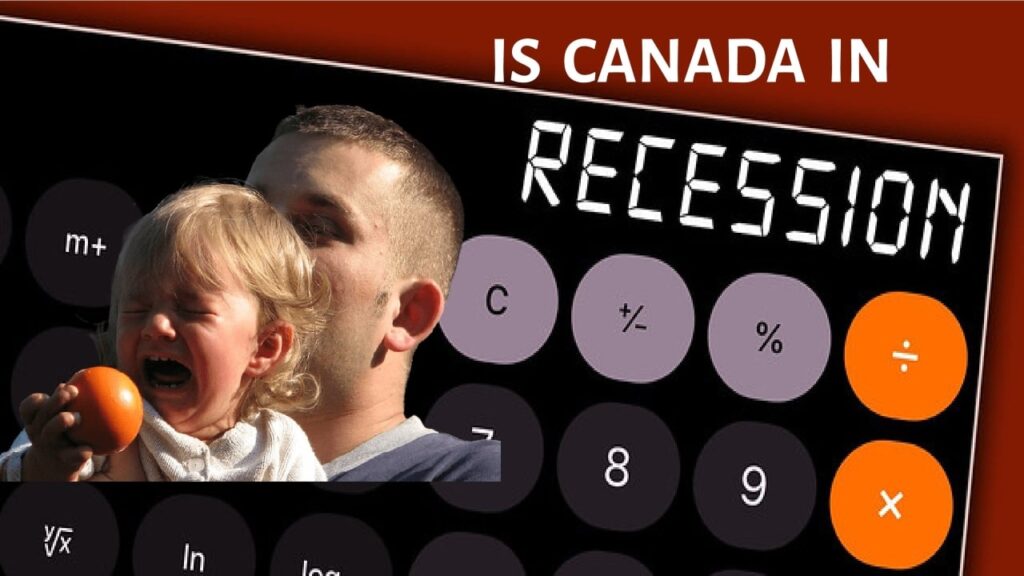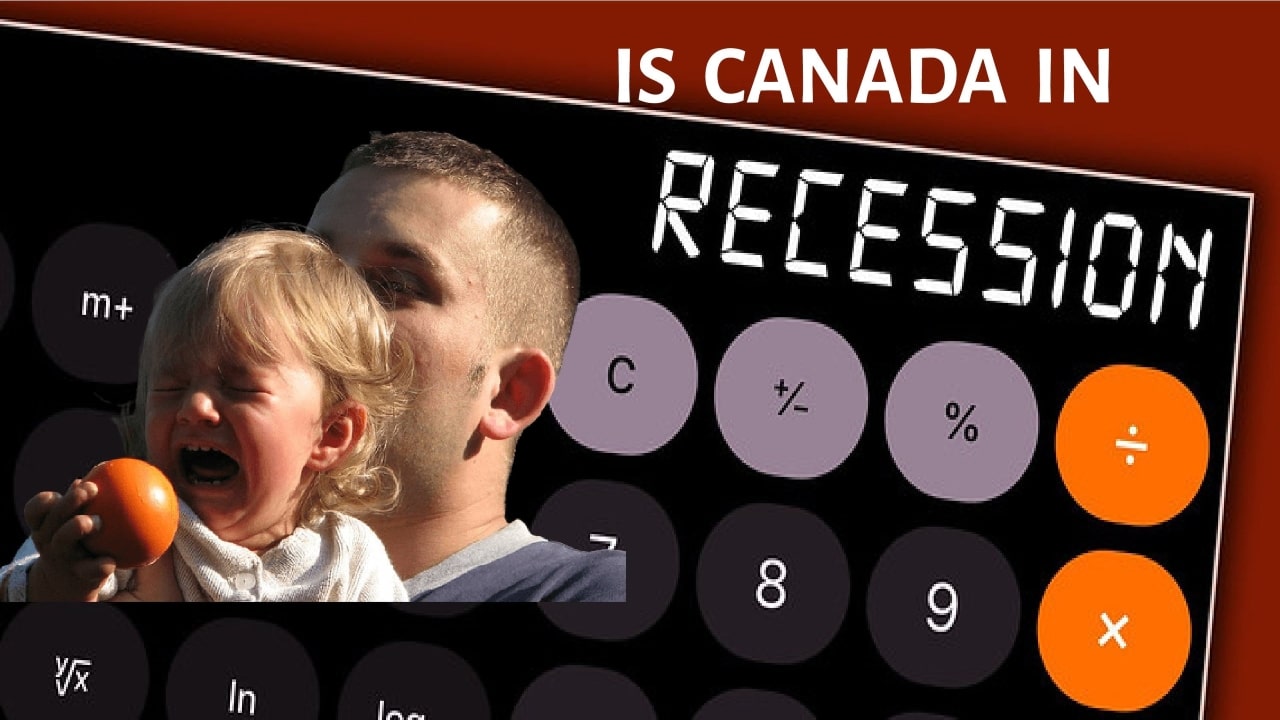Canadian consumer confidence
Canadian Consumer Confidence: Introduction
Hey everyone, have you noticed things feeling a little…off lately? Maybe you’re thinking twice about that new gadget or feeling a little nervous about your next grocery bill and your overall financial situation. You’re not alone. I was looking at some recent Canadian economic news, and it turns out that Canadian consumer confidence is lower than it has been in a very long time. Seriously, like, ever. So, what’s going on? Let’s break it down.
Factors Influencing Canadian Consumer Confidence
So, what’s actually causing this dip in how good we feel about our money situation? It’s not just one thing; it’s a bunch of stuff all piling up. Let’s break it down, shall we?
Inflation Trends and Consumer Expectations
Okay, first up, inflation. You know, when everything gets more expensive? Yeah, that’s a biggie. We’re not just seeing prices go up a little; they’re climbing pretty fast. And it’s not just the prices themselves; it’s the feeling that prices are going to keep going up. When people expect things to get pricier, they start holding back on spending, especially for major purchases. That mindset messes with consumer confidence.
Impact of Personal Experiences on Economic Outlook
Here’s the thing: numbers are one thing, but personal experiences? Those hit way harder. If you’ve recently lost your job, or your friend’s business is struggling, or you’re seeing your grocery bill skyrocket, that’s going to affect how you feel about the Canadian economy. It’s not just about the stats; it’s about what’s happening in your own life and the lives of people around you. Those personal stories drive home the feeling that things are tough.
High Inflation and Interest Rates
Now, let’s throw high interest rates into the mix. When interest rates go up, it means things like mortgages and car loans get more expensive. Suddenly, you’re paying way more for the same stuff. This, combined with high inflation, creates a double whammy for a lot of folks. It’s like, “Not only are things costing more, but I’m paying more to borrow money too?” It’s a recipe for financial stress and a lack of confidence in both your personal and Canada’s economic growth.
Home Purchase Intentions and Economic Sentiment
Do you know how big of a deal buying a house is? Well, when people start feeling less confident about the economy, they’re way less likely to think about buying a home. It’s a huge commitment, right? If you’re worried about your job or the economy, you’re probably going to hold off. This drop in home purchase intentions is a really strong sign that people are feeling uneasy about the future.
Labour Market Perceptions
And then there’s the job market. If people start feeling like jobs are less secure, that’s a massive confidence killer. You know, “Will I still have a job next month?” or “Will I be able to find a new one if I lose this one?” Those worries are huge. If the job market feels shaky, people are going to be way more cautious with their spending. It’s like, you don’t want to go out and splurge if you are worried about your job security.
So, to sum it up: rising prices, personal struggles, high interest rates, people being scared to buy houses, and a shaky job market? That’s a lot to deal with. And it explains why Canadians are feeling so down about money right now. It is a bunch of factors all compounding at the same time.

Canadian Consumer Confidence: Trade Tensions and Their Effects – Why We’re All Feeling the Pinch
Okay, so we’ve talked about inflation and interest rates, but let’s not forget about the elephant in the room: trade tensions, especially with our neighbors down south. It’s not just some abstract political thing; it’s hitting our wallets hard.
U.S. Tariffs and Economic Forecasts
You know, when countries start slapping tariffs on each other’s goods, it’s like throwing a wrench into the whole economic machine. And that’s exactly what’s happening with the U.S. tariffs. It’s not just about some products getting a little more expensive; it’s about the whole vibe.
Here’s the deal. When the U.S. puts tariffs on Canadian goods, it makes those goods more expensive for American consumers. That means less demand, which can hurt Canadian businesses. And when businesses are hurting, people start worrying about their jobs. It’s like a domino effect.
But it’s not just the current tariffs that are the issue, it’s the uncertainty about future tariffs. You know, “Will they add more? Will they take some away?” That kind of guessing game makes it hard for businesses to plan. And when businesses are hesitant, they hold back on investments and hiring.
And here’s the thing about economic forecasts: they’re not just numbers on a screen. They shape how people feel about the future. When economists predict slower growth or higher unemployment because of trade tensions, people take that to heart. They start thinking, “Okay, maybe I shouldn’t buy that new car after all,” or “Maybe I should save more, just in case.” They become very worried about personal finances.
It’s like, imagine you’re planning a road trip, but you keep hearing there’s a huge storm coming. You’re probably going to think twice about whether you should even go, right? That’s what these trade tensions are doing to our economic plans.
The real kicker is that it’s not just big businesses that are affected. Small businesses, the backbone of our economy, are feeling it too. They’re struggling with higher costs and less demand, and that’s a huge problem.
So, to sum it up, U.S. tariffs are making things more expensive, creating uncertainty, and messing with economic forecasts. And that’s making Canadians feel uneasy about their money situation. It’s like, we’re all just waiting to see what happens next, and that’s not a good feeling.
Understanding the Canadian Consumer Confidence Index: What It Tells Us
What’s This “Canadian Consumer Confidence” Thing Anyway?
Okay, so there’s this thing called the Consumer Confidence Index (CCI). It’s like a national mood ring for money. It tells us how good or bad people feel about the economy. And guess what? It matters a lot. When people feel good, they spend money, which helps businesses and the whole economy. When we feel worried, we hold back, and that can slow things down. It’s like a big cycle.
Think of it this way: if you’re feeling good about your job and your future, you’re more likely to go out for dinner, buy new clothes, maybe even plan a vacation. But if you’re worried about losing your job or if prices are going up like crazy, you’re probably going to stick to cooking at home and saving every penny.
A Quick Look Back: Canada’s Money Mood Over Time
Canada’s money mood has always gone up and down. For example, during the big money crash in 2008, everyone was super worried (and for good reason!). Now, in 2025, we’re seeing another big dip. The lowest level of Canadian consumer confidence since the 2008 global financial mess. Things like trade issues and the rising cost of living are making people nervous. It’s like history is repeating itself, but with a modern twist.
The Numbers Don’t Lie: What’s Happening Right Now?
So, here’s the scary part. In March 2025, the CCI dropped to just 44.2%. That’s a huge drop, like, the lowest it’s ever been. It’s been falling for months now. What does this mean? People are worried about money.
Why Are We So Worried?
There are a few big reasons. First, there’s this trade situation with the U.S. It’s making prices go up, which is hard on everyone. Think about groceries and gas, everything costs more. Plus, there’s a lot of uncertainty about what’s going to happen next.
As Priscilla Thiagamoorthy, a senior economist at BMO, put it,
“Canadian consumers are feeling very downbeat these days. And, it’s no wonder, given a brewing trade war with the U.S., stirring price pressures, an upcoming federal election, and policy uncertainty.”
It’s a perfect storm of money stress.
How This Worry Hurts the Economy (And You)
When people are worried, they save more and spend less. This can slow down the whole economy. Businesses might not hire as many people, and things can get even harder. It’s like a snowball effect. Even if there’s some good economic news, if people aren’t spending, it doesn’t matter.
What Can We Do About It?
Okay, so what can we do? Here are some tips:
- Track your spending: Know where your money is going. Use an app or a simple notebook.
- Cut back on extras: Do you need that extra streaming service?
- Save, save, save: Try to build up an emergency fund. It’s like a safety net for your money.
- Think smart about investing: If you have some extra cash, look into low-risk ways to make it grow.
And here’s the thing: it isn’t only up to us. Our leaders need to help, too. They need to be clear about what’s happening, support small businesses, and make sure people have the resources they need.

Canadian Consumer Confidence: Real Stories, Real Struggles
In my work as a licensed insolvency trustee, I talk to everyday Canadians, and their stories are eye-opening. One mom told me they’ve had to cut back on eating out. A small business owner said he’s had to raise prices, but his customers are struggling too. These stories show the real impact of these economic worries.
If you’re feeling stressed about money and especially your household finances, you’re not alone. There are resources out there. Check out financial counseling services, local support groups, and government assistance programs.
Look, times are tough right now. But we can get through this. By being smart with our money, supporting each other, and pushing for good policies, we can make things better. We’re all in this together.
I hope you’ve found this Canadian Consumer Confidence Brandon’s Blog helpful. If you or someone you know is struggling with too much debt, remember that the financial restructuring process, while complex, offers viable solutions with the right guidance.
At the Ira Smith Team, we understand the financial and emotional components of debt struggles. We’ve seen how traditional approaches often fall short in today’s economic environment, so we focus on modern debt relief options that can help you avoid bankruptcy while still achieving financial freedom.
The stress of financial challenges can be overwhelming. We take the time to understand your unique situation and develop customized strategies that address both your financial needs and emotional well-being. There’s no “one-size-fits-all” approach here—your financial solution should be as unique as the challenges you’re facing.
If any of this sounds familiar and you’re serious about finding a solution, reach out to the Ira Smith Trustee & Receiver Inc. team today for a free consultation. We’re committed to helping you or your company get back on the road to healthy, stress-free operations and recover from financial difficulties. Starting Over, Starting Now.
The information provided in this blog is intended for educational purposes only. It is not intended to constitute legal, financial, or professional advice. Readers are encouraged to seek professional advice regarding their specific situations. The content should not be relied upon as a substitute for professional guidance or consultation. The author, Ira Smith Trustee & Receiver Inc., and any contributors do not assume any liability for any loss or damage.




